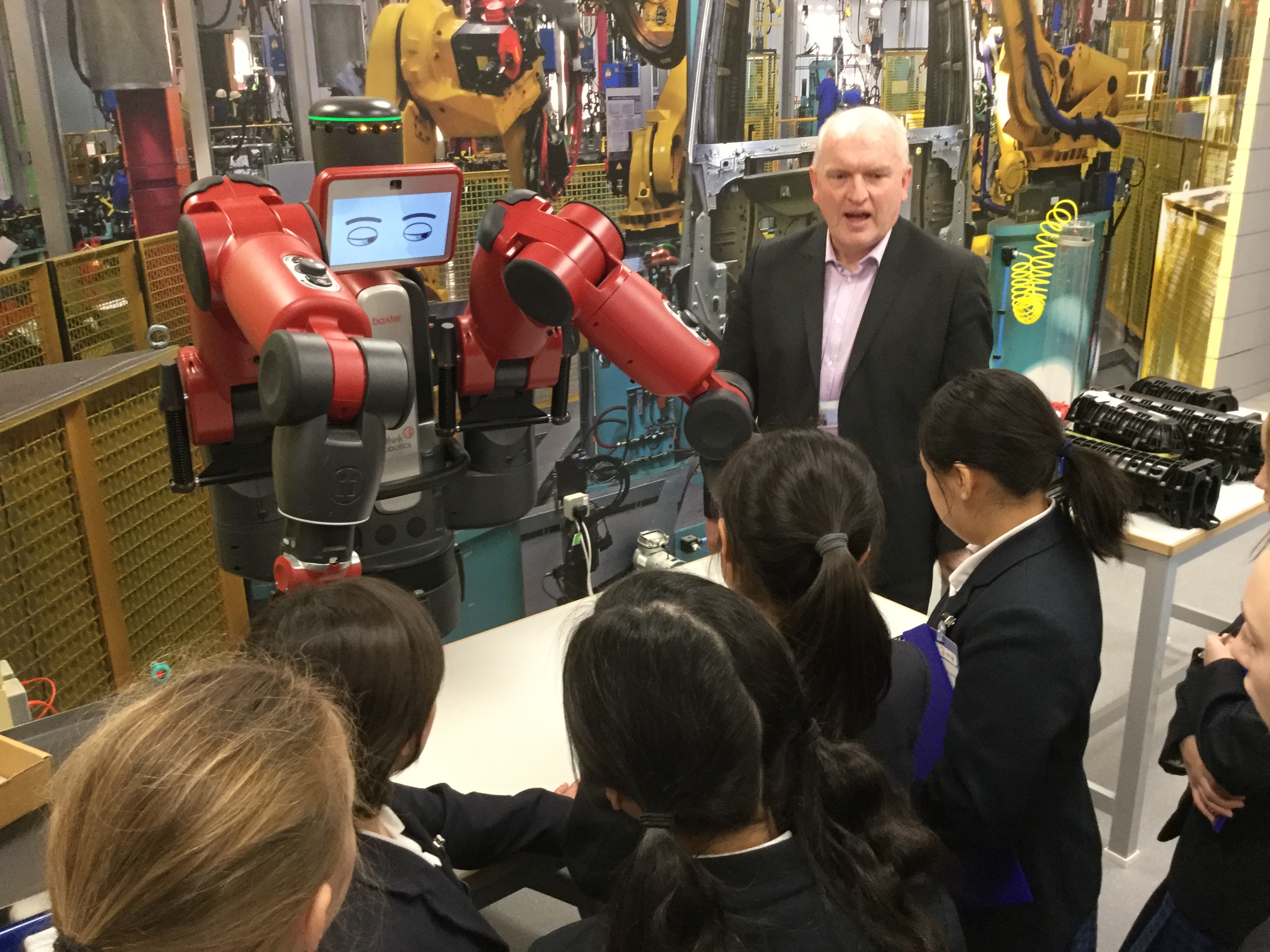Spotlight on: girls' education
In the first few months of 2018 we have celebrated both International Women’s Day and the 100th anniversary of women gaining the right to vote. Headmistress, Ms Charlotte Avery, wrote about some of the struggles that girls and women still face in the pursuit of equality, with a particular focus on education, in her latest blog. Although we have come a fair way in the fight for equality since Mrs Emmeline Pankhurst’s time, there is still a way to go, both abroad and closer to home, and Ms Avery highlights that not only should boys and girls worldwide have equal access to an education, but they should also have equal access to a high-quality education that suits their learning styles and enables them to thrive.
Part of our responsibility as a Junior School is to encourage pupils to broaden their horizons – and to keep them broad – about what sort of academic choices they might take as they mature. As highlighted in a recent survey, Drawing the Future, in which children aged seven to 11 were asked to draw a picture of the job they wanted to do when they grew up, we can see that gender stereotyping exists from the age of just seven. Over four times the number of boys drew pictures of engineers compared to girls, and nearly nine times the number of girls drew images of teachers in comparison to boys. These are prime examples of the gender stereotypes we are trying to eradicate, and the reason we host an annual careers fair for our pupils.
Although it may sound a little premature for Year 4 pupils to be thinking about their careers, it really isn’t, as long as it’s done with careful thought. There is undoubtedly still prejudice within adult society about women or men pursuing careers that aren’t traditionally thought of as ‘suiting their gender,’ and this can be picked up on by children from a very young age. One pathway in particular where women are still in short supply is STEM – from A Level subject choices, to university degrees or technical apprenticeships, and into careers – and so we further emphasise to our pupils the real-world relevance of their STEM learning.
 As well as our careers fair, we host an annual Science Week that normalises the breadth of STEM careers for the girls, in the hope that they won’t develop any misconceptions about Mathematics or Computer Science or Physics, for example, being better suited to men than women. We will also be inviting external primary aged students to join us for our dedicated STEM day in partnership with the Royal Academy of Engineering, this coming May.
As well as our careers fair, we host an annual Science Week that normalises the breadth of STEM careers for the girls, in the hope that they won’t develop any misconceptions about Mathematics or Computer Science or Physics, for example, being better suited to men than women. We will also be inviting external primary aged students to join us for our dedicated STEM day in partnership with the Royal Academy of Engineering, this coming May.
Our specialist STEM Co-ordinator, Mrs Tessa Shercliff, works with girls from Reception to Year 6 on STEM projects that relate to the rest of their term’s learning, so that they can start to see how STEM solutions play a part in life outside of school. Our Computer Science Co-ordinator, Mr Andrew Severy, similarly ensures that the girls’ learning about Computer Science is relevant, but also exciting – the older girls enjoy participating in robotics challenges and competitions each year.
We have also established both a Tech Council and Eco Council to inspire the girls to start thinking about taking on the responsibility for Junior School technology, and about how through interdisciplinary thinking they will be able to influence the environment in the future.
Education and a child’s future are intrinsically linked and, without a solid educational foundation at a young age, a successful career and fulfilling life is unlikely in adulthood. Parents of our pupils will know that this academic year we have embraced High Performance Learning (HPL) – a Teaching & Learning philosophy that is based on evidence of the brain being more plastic and malleable than traditionally thought. This philosophy not only promotes the view that there is ‘room at the top’ for all, but we are quite excited about how beneficial the HPL philosophy will be in a single-sex environment.
HPL Founder, Professor Deborah Eyre, explains in the forthcoming issue of Accolade (our termly magazine) that:
“Of great importance is St Mary’s School, Cambridge’s role in leading thinking regarding girls and high performance, and leading a group of Girls’ Schools Association schools which are also adopting the philosophy. We know that the self-perception of girls is different from boys, and that these perceptions lead to both positive and negative issues. We are confident that HPL will assist girls!”
We hope that our HPL approach alongside our commitment to broadening our pupils’ horizons – to ignore traditional stereotypes about gender and careers – will in-turn have an effect on not only each individual pupil, but on their local communities, and perhaps even the whole world.